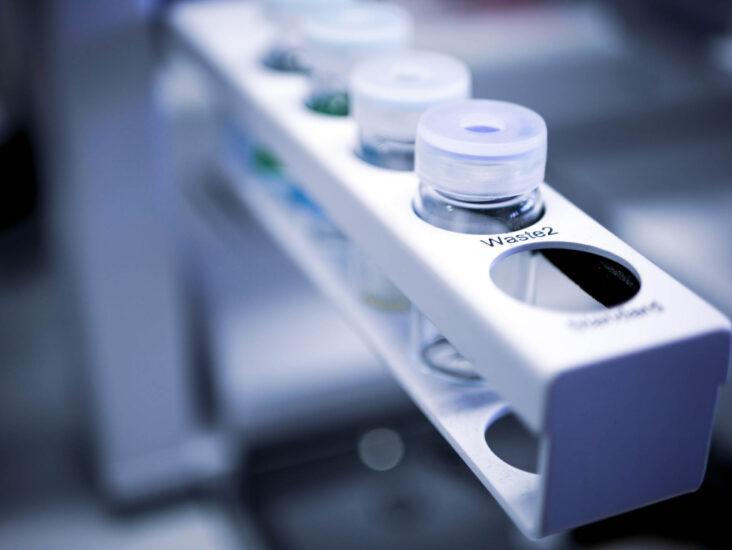1) The trust’s managers can draw on the extensive resources at healthcare specialist OrbiMed
OrbiMed is a leading global healthcare investment company with a proven track record across public and private equity and debt markets. It has around $17bn of assets under management and 12 offices across the world including in New York, Shanghai and London. The company’s team of around 140 professionals, which includes more than 35 people with advanced medical degrees and around 15 company CEOs or founders, invests in every subsector of the healthcare sector, across all geographies and at all stages of a company’s lifecycle.
2) The managers select stocks on a bottom-up basis
OrbiMed has employed a public equity portfolio review process since 2009, whereby managers Sven Borho and Trevor Polischuk meet regularly to discuss Worldwide Healthcare Trust’s (WWH’s) portfolio structure and individual holdings. Topics include clinical and regulatory events, and new drug launches. Stocks are selected from a universe of around 1,000 companies, and the portfolio is diversified by geography, subsector and market cap. The managers seek companies with underappreciated product pipelines and strong management teams, which are trading on reasonable valuations. They also have good access to unquoted companies given OrbiMed’s large private equity team. There is a disciplined portfolio construction approach and a rigorous risk-management process.
3) Worldwide Healthcare Trust’s portfolio is biased towards growth stocks
Although the trust experienced a difficult period of performance in recent years as growth stocks struggled in a rising interest rate environment, WWH has a long-term record of significant outperformance versus its benchmark.
The main features of the trust’s portfolio are its longstanding overweight exposure to biotech and an underweight allocation to pharma stocks. Within biotech, the managers favour emerging (smaller-cap) rather than larger businesses, as although these companies are inherently riskier, their risk/reward profiles are deemed to be superior. Over the long term, this strategy has been significantly beneficial for the trust’s performance.
Innovation within the biopharma industry is very strong, which is driven by novel technologies including gene editing/therapies. Two-thirds of the industry pipeline and more than 50% of new product approvals in the last decade have been sourced from biotech companies. Also, the regulatory environment remains supportive with a record number of novel drug approvals in recent years.
WWH has benefited from robust healthcare M&A activity as several portfolio companies have been acquired at meaningful premiums, both direct holdings and those in a proprietary M&A basket. Activity should continue as pharma companies need to bolster their pipelines ahead of a major upcoming patent cliff.
4) The healthcare sector has historically provided relatively robust annual total returns
There is a wealth of opportunities in the global healthcare sector across a range of subsectors: pharmaceuticals (including speciality and generic businesses), biotechnology, medtech/devices, healthcare services and life science tools. The US is the most developed healthcare market and makes up more than 70% of the MSCI Health Care Index. US healthcare stocks delivered an uncharacteristically poor relative performance in 2023 and 2024 in a narrow market dominated by large-cap technology stocks, which may offer an interesting entry point to the sector.
Published 4 March 2025.












